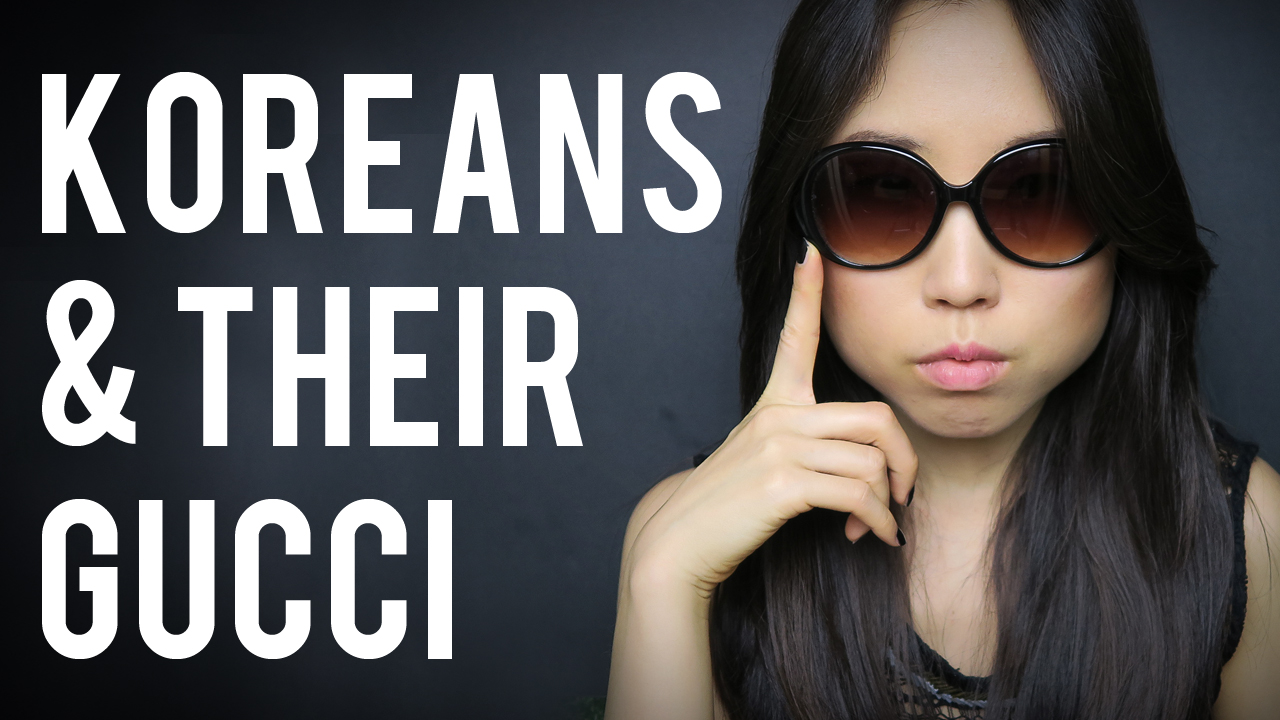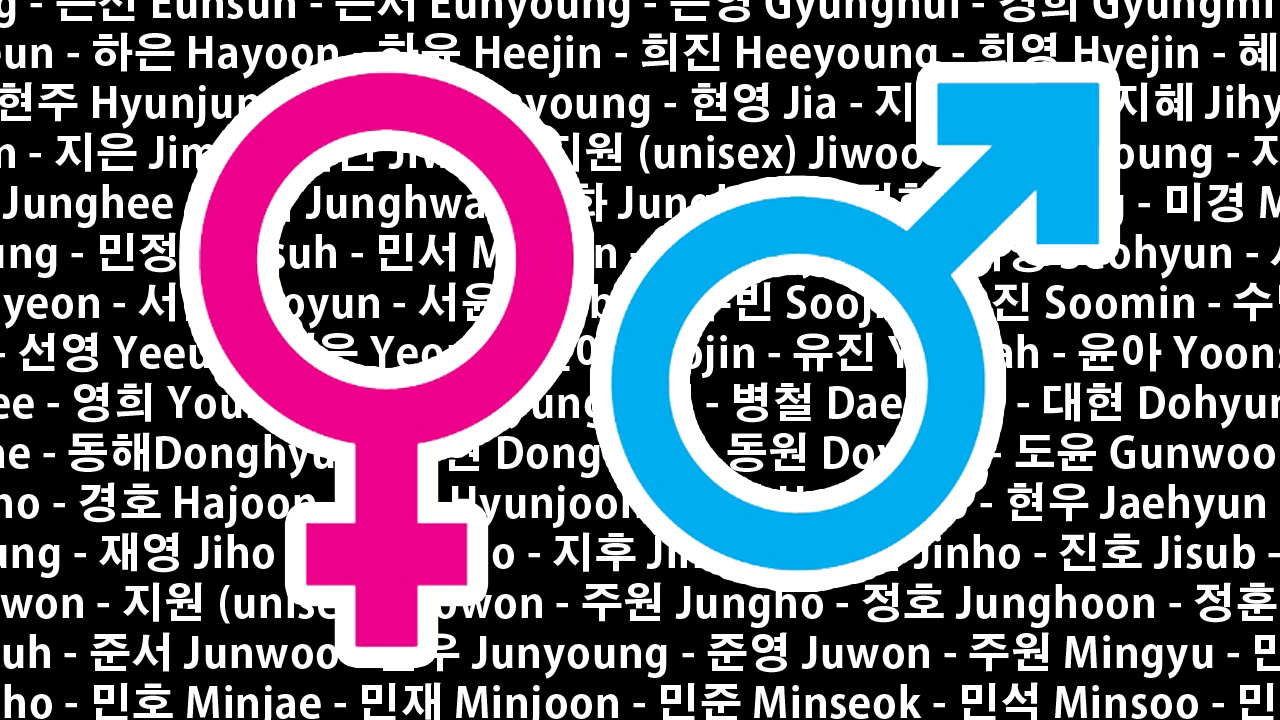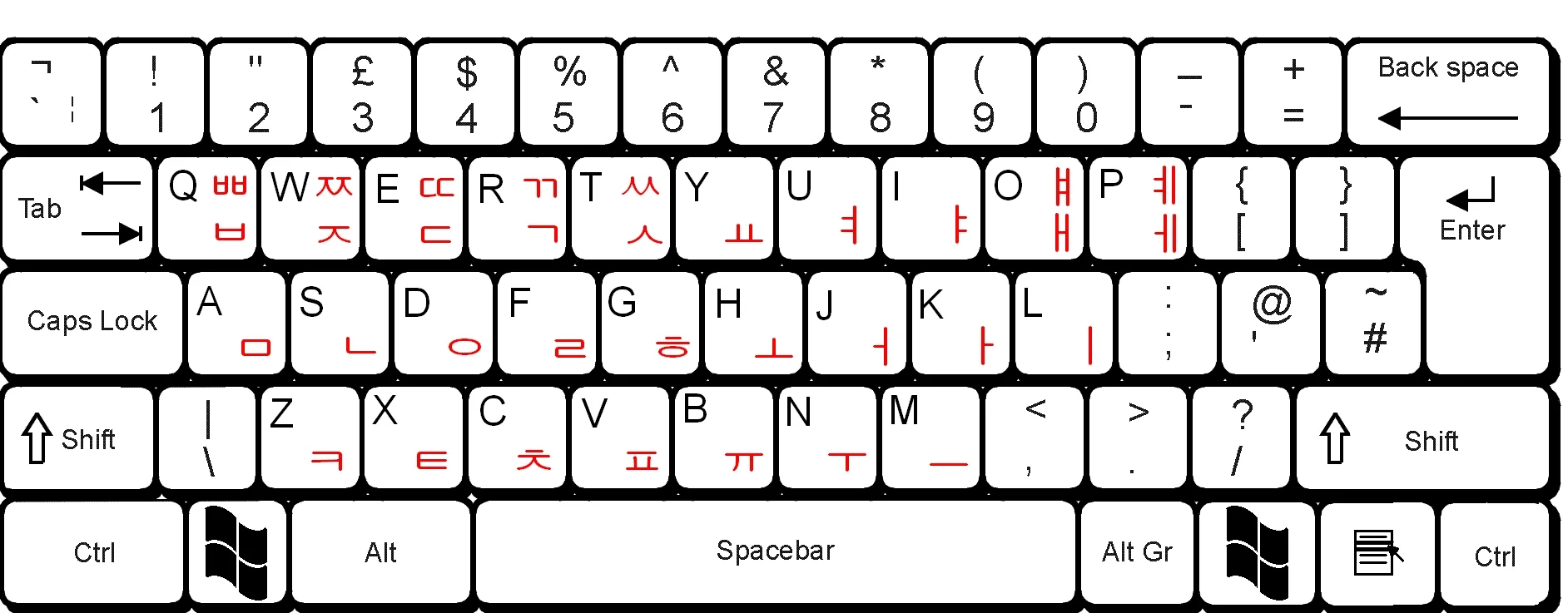Today we’re getting bad to the bone. Whether you’re a Kpop fan, a Korean drama addict, or just plain interested in Korea, you gotta know today’s featured word because you’ll see it over and over and over again: 나쁘다 (na-bbeu-da). 나쁘다 (nadbbeuda) means bad and poor. Poor as in low quality. Here are some phrases using 나쁘다:
Note: The following phrases are informal, so use them towards those your age or younger.
기분 진짜 나쁘다. 넌 어때?
Giboon jinjja nabbeudah. Nun uhddae?
I’m in a really bad mood. How about you?
나쁘다 너… 정말 못됐어.
Nabbeudah nuh… Jungmal motdwaessuh.
You’re bad… You’re really mean.
저 남자 성격 진짜 나쁘다.
Juh namja sunggyuk jinjja nabbeudah.
That man has a very bad personality.
나쁘다 can be conjugated into 나쁜. Then you can place a noun after it. For example:
나쁜 말 (nabbeun mal) = bad word
나쁜 남자 (nabbeun namja) = bad guy
나쁜 놈 (nabbeun nom) = bad guy, jerk, son of a gun
나쁜 피 (nabbeun pee) = bad blood (Hey, that's the name of Taylor Swift's song!)
Here are some Korean movie titles using 나쁜:
나쁜놈은 죽는다 (nabbeun nomeun jukneunda) = Bad Guys Always Die
나쁜 사랑 (nabbeun sarang) = Bad Love
나쁜 나라 (nabbeun nara) = Bad Nation, aka: Cruel State
나쁜 이웃들 (nabbeun eootdeul) = Bad Neighbors. This one's an American flick!
나쁜 교육 (nabbeun gyoyuk) = Bad Education. A Spanish film!
Onto some Korean drama-ish phrases using 나쁜. You can also use them in real life. No one’s stopping you.
넌 정말 나쁜 놈이야. 알아?
Nun jungmal nabbeun nomeya. Ara?
You’re a really bad guy. Do you know that?
아 참나... 왜 자꾸 나쁜 일만 생기지?
Ah chamna… Wae jaggoo nabbeun ilman senggiji?
What the heck… Why do only bad things keep happening?
나쁜 말 또하면 맴매한다.
Nabbeun mal ddohamyun memmaehandah.
If you say bad words again, I’m going to spank you.
나쁜 기억 다 지워버려.
Nabbeun giyuk dah jiwoburyuh.
Erase all the bad memories.
야, 넌 입 열 때마다 왜 나쁜 말만 나와?
Ya, nun eep yul ddaemada wae nabbeun malman nawa?
Hey, how come every time you open your mouth, only bad words come out?
나쁜 소식 들어서 입맛이 떨어졌어.
Nabbeun soshik deuluhsuh eepmatshi dduluhjyeossuh.
I lost my appetite after hearing the bad news.
나쁘다 has many other conjugations. Here are some examples:
미안해, 기분 나쁘게 해서.
Mianhae, giboon nabbeugye haesuh.
I’m sorry for putting you in a bad mood.
영화 어땠어? 좋았어? 나빴어?
Younghwa uhddessuh? Joassuh? Nabbassuh?
How was the movie? Was it good? Was it bad?
나빴어. 우리 같이 간다고 그랬잖아.
Nabbassuh. Oori gatchi gandago geuretjanah. You’re bad.
You said we would go together.
사장님 앞에선 조심해 기분 나빠도.
Sajangnim apaesun joshimhae giboon nabbado.
Be careful in front of the boss, even if you’re in a bad mood.
So we learned about the bad. what about the good? The opposite of bad is 좋다 (jota). You can use it to describe anything, whether it’s a person or non-living object. Just like how we use “good” in English.
오늘 날씨 좋다.
Oneul nalsshi jota.
The weather is good today.
운동해서 그런지 기분이 좋다.
Oondonghaesuh geurunji gibooni jota.
Maybe it’s because I exercised, but I feel good.
이 차 좋다.
Ee cha jota.
This car is good.
That is a wrap for this week's lesson. Tune in next week on my YouTube channel to learn more about Korea!



































